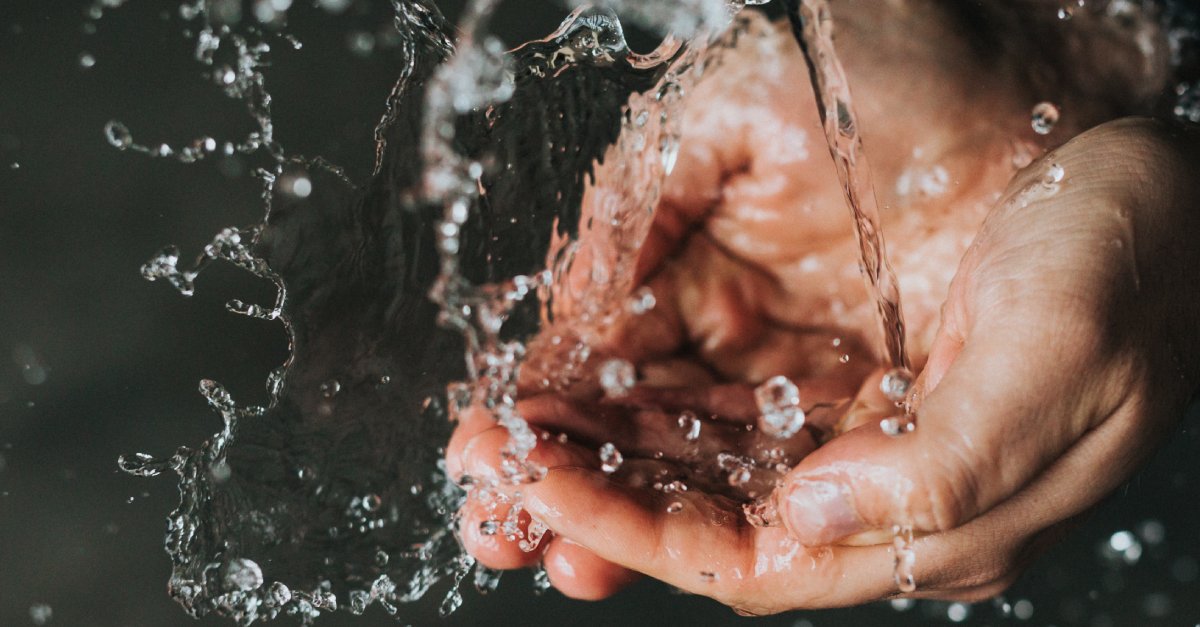
By 2040, almost 1 in 4 children will live in areas of extremely high-water stress*
Water is essential to our daily survival. But imagine if you lost access to water, how would you survive? The harsh reality is you wouldn’t. Similarly, we are finding that due to extreme weather in some places there is too much water! This is all down to climate change, and if we don’t take action and change the way we use water, this could become a reality for our future children.
* https://www.unicef.org/stories/water-and-climate-change-10-things-you-should-know
The link between climate change and water
Climate change is primarily a water crisis. It affects people through worsening floods, rising sea levels, droughts, and wildfires. All of these extreme weather conditions are linked to water. Severe flooding and rising sea levels caused by melting ice caps and glaciers can pollute land and clean water resources. This may in turn impact food production, drinking water, and sanitation. According to the UN, over 1.6 billion people will be at risk of flooding by 2050[1]. On the flip side, phenomena caused by lack of water like droughts and wildfires can harm communities due to a lack of resources which can lead to food insecurity. The UN has said that the number of people living in potential severely water-scarce areas will increase to 3.2 billion by 2050[2]. When you consider these worrying facts, we can see that climate change has and will greatly impact the amount of water available for our consumption. Now is the time to take steps to preserve this precious resource.
Understanding the status quo
With the growth of the global population from 1.5 billion to more than 7.7 billion in little over a century[3], our water consumption has increased hugely due to increases in agricultural and industrial activity. Worldwide, we use around 4 trillion cubic meters of freshwater annually – that’s well over a billion Olympic swimming pools! And that number is expected to increase 20% to 30% by 2050[4]. The main concern around this growing consumption is the fact that countries are using water much faster than it is being replaced, and resources are beginning to decline. Some countries are also withdrawing water unsustainably from lakes and rivers or producing fresh water from desalination. We have to understand that water is a finite resource in growing demand, and that climate change is making this resource more and more scarce. The issue is, this could increase the risks for those in poverty and may disrupt our everyday lives.
What can we do?
We can help fight climate change through sustainable water management and reducing carbon emissions. In order to achieve this, we, as individuals and households, have a vital role to play.
And what better time to start then on World Water Week?! World Water Week is the world’s most influential movement focused on transforming global water challenges. Keep a look out for events you can join and online educational conferences that the United Nations regularly holds.
In addition, we can start by making little changes to our water usage habits which will go a long way. For example, wet your hands, toothbrush or face with running water and then turn off the tap while washing your hands, brushing your teeth or shaving. This may seem like a simple thing, but the average family can waste 180 gallons per week (about the size of a hot tub!) through running water unnecessarily[5].
Another tip is to soak dishes in warm water so you spend less time scraping and scrubbing off food. You’ll save a lot of effort this way too! Take more showers instead of baths or take it to the next level: install shower heads that have an on-off switch so you can switch off the water while shampooing or lathering. These all sound like common sense, but small everyday changes like these can greatly lower our water consumption. Let’s try and adopt these changes today, because #It’sInOurHands to preserve this vital resource and save it for future generations.
[1] https://www.unwater.org/water-facts/water-and-climate-change
[2] https://www.unwater.org/water-facts/water-and-climate-change
[3] https://www.activesustainability.com/water/the-importance-sustainable-water-use/?_adin=02021864894

